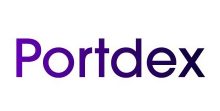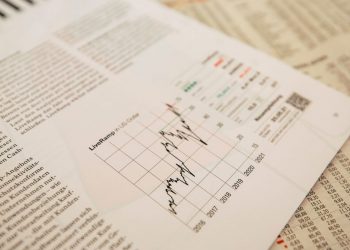Distributed Ledger Technology
DLT holds immense promise for revolutionizing transparency, governance, and recordkeeping practices across various industries. Its decentralized, immutable, and secure nature addresses the limitations of traditional centralized systems and enables new levels of trust, efficiency, and accountability.
-
Blockchain technology and smart contracts to enable automation, governance, traceability, and identity verification.
Provenance Tracking: Blockchain will trace the origin and ownership of assets, such as books, logos, designs, and documents.
Anti-Money Laundering (AML) Compliance: Blockchain will facilitate AML compliance by providing transparent transaction records and verifying the identity of participants.
-
Traceability: Blockchain will enable digital product traceability through the supply chain, ensuring authenticity, origin, and quality control
Blockchain Infrastrcuture
Blockchain technology will be used for governance, traceability, peer-to-peer transactions, and ownership management.
Decentralized Decision-Making: Blockchain can facilitate decentralized governance models, empowering citizens to participate directly in decision-making processes.
Provenance and Ownership Tracking: Blockchain can track the ownership history of digital assets, providing clear proof of ownership and facilitating secure transfers.
Reduced Transaction Costs: P2P transactions will eliminate intermediaries, reducing fees and increasing transaction efficiency.
Fractional Ownership: Blockchain will allow for fractional ownership of assets, enabling broader participation in asset ownership.
Automated Ownership Transfers: Smart contracts will automate ownership transfers, reducing administrative costs and improving efficiency.
Data Governance
Blockchain technology has the potential to revolutionize financial data governance and control by providing a secure, transparent, and tamper-proof ledger for financial transactions and data. This can help to improve data accuracy, integrity, and availability, as well as enhance regulatory compliance and risk management.
Key Benefits of Blockchain for Financial Data Governance and Control:
-
Enhanced Data Integrity: Blockchain’s immutability and cryptographic security ensure that financial data remains unaltered and protected from unauthorized access or manipulation.
-
Improved Data Traceability: Blockchain provides a transparent and traceable record of financial transactions, enabling clear tracking of data provenance and ownership.
-
Automated Data Governance: Smart contracts can automate data governance processes, such as data access control, data lineage tracking, and auditability.
-
Enhanced Regulatory Compliance: Blockchain can facilitate compliance with data privacy regulations, such as GDPR and CCPA, by providing transparent and verifiable audit trails.
-
Improved Risk Management: Blockchain’s transparency and traceability can help identify and mitigate potential financial risks, such as fraud, insider trading, and market manipulation.



